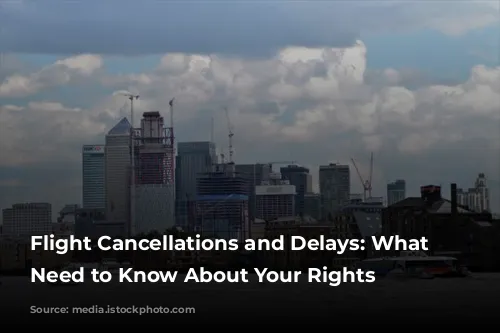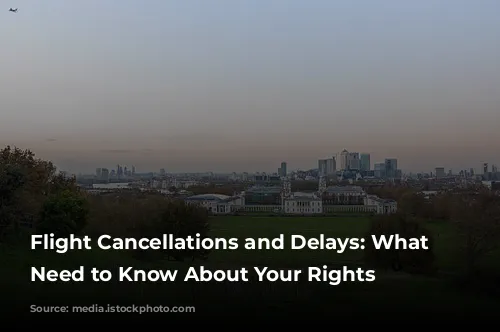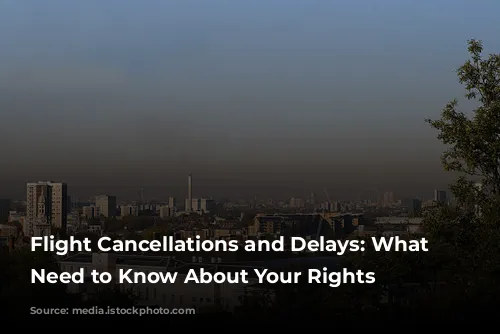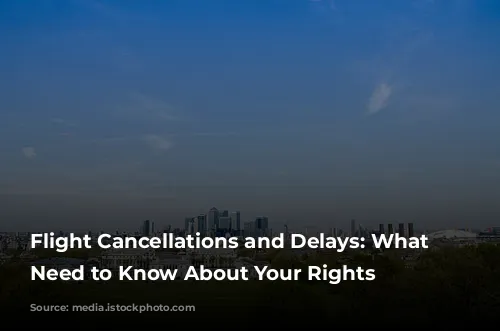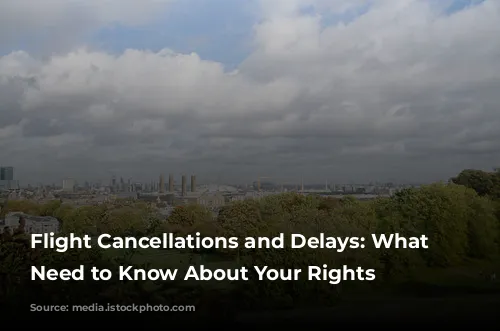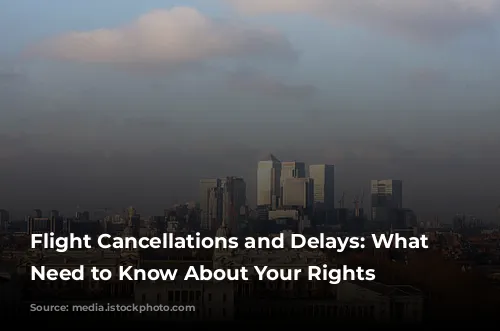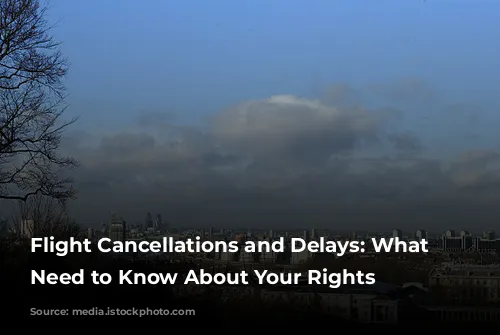It happens to the best of us: flight cancellations and delays. Whether it’s due to strikes, technical issues, bad weather, or even crew shortages, these disruptions can throw your travel plans into disarray. But don’t worry! You’re not powerless against these inconveniences.
Airline’s Duty of Care: What Does It Mean for You?
While some flight cancellations might be considered “extraordinary circumstances” (like air traffic control problems), airlines still have a duty of care towards passengers. This means they are obligated to provide assistance when things go wrong.
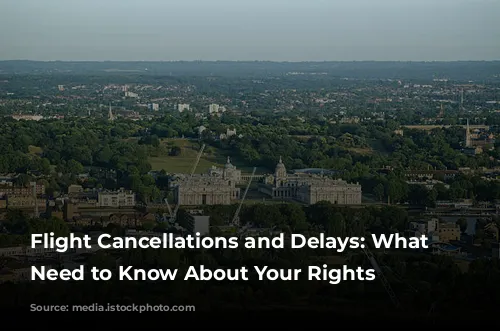
Compensation and Assistance: What You’re Entitled To
When your flight is cancelled, you have the right to choose between a refund or an alternative flight. If you choose the latter option, or if your flight is delayed, the airline must provide you with the following:
- Food and beverages: This is often provided in the form of vouchers.
- Communication: Expect reimbursement for the cost of making calls.
- Accommodation: If you are re-routed the following day, the airline should provide a nearby hotel.
- Transportation: The airline must arrange transportation to and from the accommodation, or even back to your home if possible.
This duty of care extends throughout the wait, regardless of the duration or cause of the delay. Remember: airlines have a responsibility to look after you.
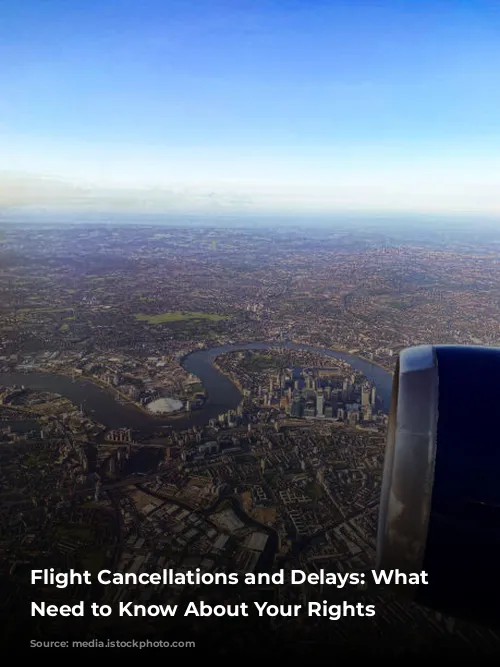
How Much Can You Claim for Expenses?
In the event of a delay or cancellation, you might need to pay for your own expenses. While airlines don’t specify an exact limit for “reasonable” expenses, common sense should prevail. If your flight is from Gatwick, it’s unlikely you’ll be reimbursed for a luxury stay in central London.
However, there are situations where the expenses are justifiable, like when the only accommodation available is an expensive hotel or when you need to pay for a taxi because there are no options near the airport.
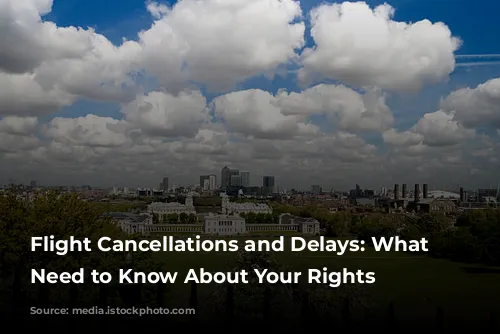
Getting Your Money Back: A Step-by-Step Guide
To ensure you get your money back, follow these steps:
- Keep all receipts: This is crucial for any expenses you incur due to flight disruptions.
- Contact your airline directly: Make a claim before seeking assistance from third-party organizations.
- Document your claim: Be thorough, including:
- Your contact details (address, email, phone)
- Full details of all passengers
- The location of the disruption
- Information about the length of the delays
- Names of any airline staff you spoke to
- Provide supporting documentation: Receipts, tickets, boarding passes, and booking confirmations can strengthen your claim.
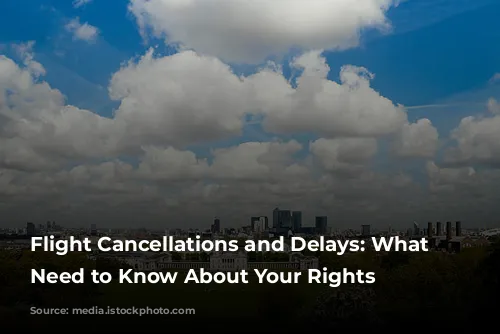
What to Do If Your Claim Is Rejected
If your airline rejects your claim, there are several avenues you can pursue:
- Alternative Dispute Resolution (ADR): Contact ADR bodies like CEDR or AviationADR in the UK.
- Civil Aviation Authority: If your airline isn’t a member of an ADR scheme, you can escalate your complaint to the CAA.
- Small Claims Court: This is a last resort and can be time-consuming, so make sure you’ve exhausted all other options first.
Remember, you’re not alone. By understanding your rights and taking the right steps, you can navigate the complexities of flight disruptions and maximize your chances of getting the compensation you deserve.
